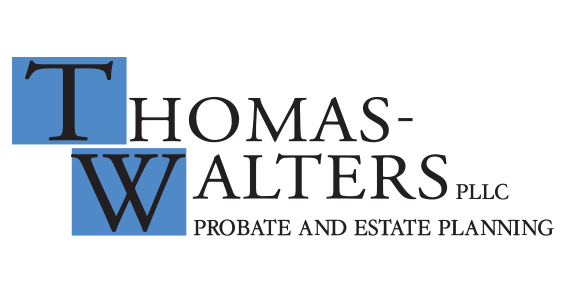As with most businesses, estate planning for those in the real estate investment business presents a unique set of challenges. Lender concerns, tax considerations, asset protection and family business dynamics can all play a role and there can often be tension between these areas of concern.
Who Owns the Property?
One of the first questions to address is who owns the real property? The answer to this question will determine liability exposure and how the real property will pass upon death. When it comes to real estate, title is king. If real property is held solely in a person’s individual name; that property will likely be subject to probate on death. It also means that the owner is personally liable for the debts and liabilities associated with that property. If there are two or more owners, the question becomes whether that property is held as joint tenants with rights of survivorship or tenants-in-common. In some states there are additional options for married couples, such as tenancy by the entireties or community property.
If the property is held in a joint tenancy (or in some other form that allows for rights of survivorship), then upon the death of one joint owner, the remaining joint owners will inherit the deceased owner’s share automatically and without the requirement of probate. If the property is instead held as tenants-in-common, then the deceased owner’s share will likely require a probate. While joint tenancy may appear to be an appealing way to avoid probate, it is important to understand that property owned by multiple owners is potentially at risk, in whole or in part, for the debts and liabilities of each individual owner.
Should You Use a Trust?
Holding real property in a trust can be an excellent way of avoiding probate. Holding real property in a trust can also reduce the likelihood that a guardianship or conservatorship will be necessary in the event of incapacity. This can be crucial if a timely decision is needed on whether to sell or rent a parcel of land. But remember, unless the trust is an irrevocable trust, you may not have the asset protection that you may desire. Instead it may be advisable to hold the land in an entity, such as a limited liability company (LLC) that is in turn owned by a trust.
Why Should You Consider an Entity?
Owning your real estate investment properties in an entity or multi-ple entities can limit your personal vulnerability to potential lawsuits related to the property. It can also protect the property from lawsuits against individual owners of the entity. Another benefit to owning land in an entity, such as an LLC, is avoiding fractionalization of the real property upon transfer to heirs. Fractionalized real estate is vulnerable to forfeiture in the event of partition. Many states allow the owner of a fractional interest in land to sue for the partition or sale of the land without regard to how small the fractional interest may be. Giving interests in entities governed by ownership agreements can prevent the possibility of partition. Entity interests also provide a way for the owner to gift or sell an interest during the owner’s life without losing control.
In determining what type of entity to use, a careful analysis of the income tax consequences is important. A general rule is that you should never hold real estate in a corporation. The reason is that while real estate can go into a corporation tax free, it is almost impossible to get it back out without tax consequences. The preferred way of holding real estate will most often be an LLC taxed as a partnership or a limited partnership. If you invest in farm or ranch land, additional consideration should be given to government program limitations.
The Stepped-Up Basis
In all planning it is important not to lose sight of the income tax basis rules on death. Subject to certain limitations and exceptions, when an owner of assets dies, assets passing to heirs obtain a new tax basis equal to the assets’ fair market value as of the date of death. Because of the built in gain of many real estate investments, careful consideration must be given to the consequences of gifting or selling during life and gifting at death. Planning with certain entities can result in a loss of the stepped-up basis. While this may sometimes make sense, it should always be done with caution.
Conclusion
Investors are savvy of the many income tax benefits that come with investing in real estate. Investors should be equally savvy about the benefits of a well-planned estate. It is often stated that a person reaps what they sow. When it comes to estate planning for the real estate investor that holds true. Taking time to invest in the planning process can reap great benefits for generations to come.
